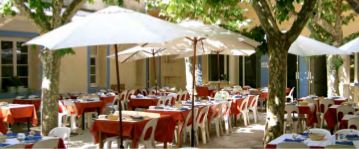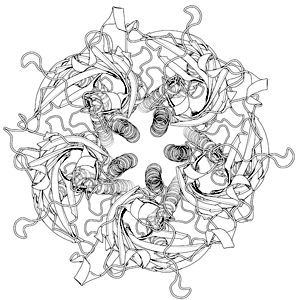A yearly meeting of scientists interested in membrane signal transduction, with an emphasis on ion channels.
From its creation in 1990, the Ion channel meeting gathers specialists from different disciplines, who must meet various experimental requirements: molecular biology, biochemistry, electrophysiology, microscopy, cell culture, behavioural tests, selective pharmacology (e.g., small molecules and toxins), high-throughput sequencing… Moreover, their work can lead to many medical and industrial applications: therapeutic strategies to tackle numerous human pathologies; anthelminthic treatments; selective drugs for more efficient pest control; technical expertise valuable to CROs,…
From the beginning, a major objective of the meeting has been to foster interactions between young French researchers, including graduate students, with established researchers who are international leaders in their field, in order to help them build the necessary network to pursue ambitious scientific careers. In particular, the Ion channel meeting is an ideal occasion for graduate students to find a postdoctoral position, be it in academia or in the industry. In line with this objective, the organizing committee ensures a strong international participation in every symposium of the meeting.
Finally, the organizing committee has chosen a relaxed holiday location to foster scientific exchange amongst all participants for the entire duration of the meeting, during the scientific presentations but also during social events. All participants are housed on-site to retain a Gordon conference-like setting and promote informal discussions. As a result, numerous national and international collaborations have emerged during the Ion channel meeting.
For more than 25 years, about 180 symposia have been conducted, with talks from almost 700 speakers coming from all over the world, half of them working in non-French laboratories. More than 1600 posters have been presented by the approximate 3000 participants, 30% of which being graduate students. Numerous financial partners, public organizations, biotech companies and scientific societies have provided financial support to the meeting allowing us to deliberately keep the fees at a minimum, in order to facilitate the attendance of young researchers.


